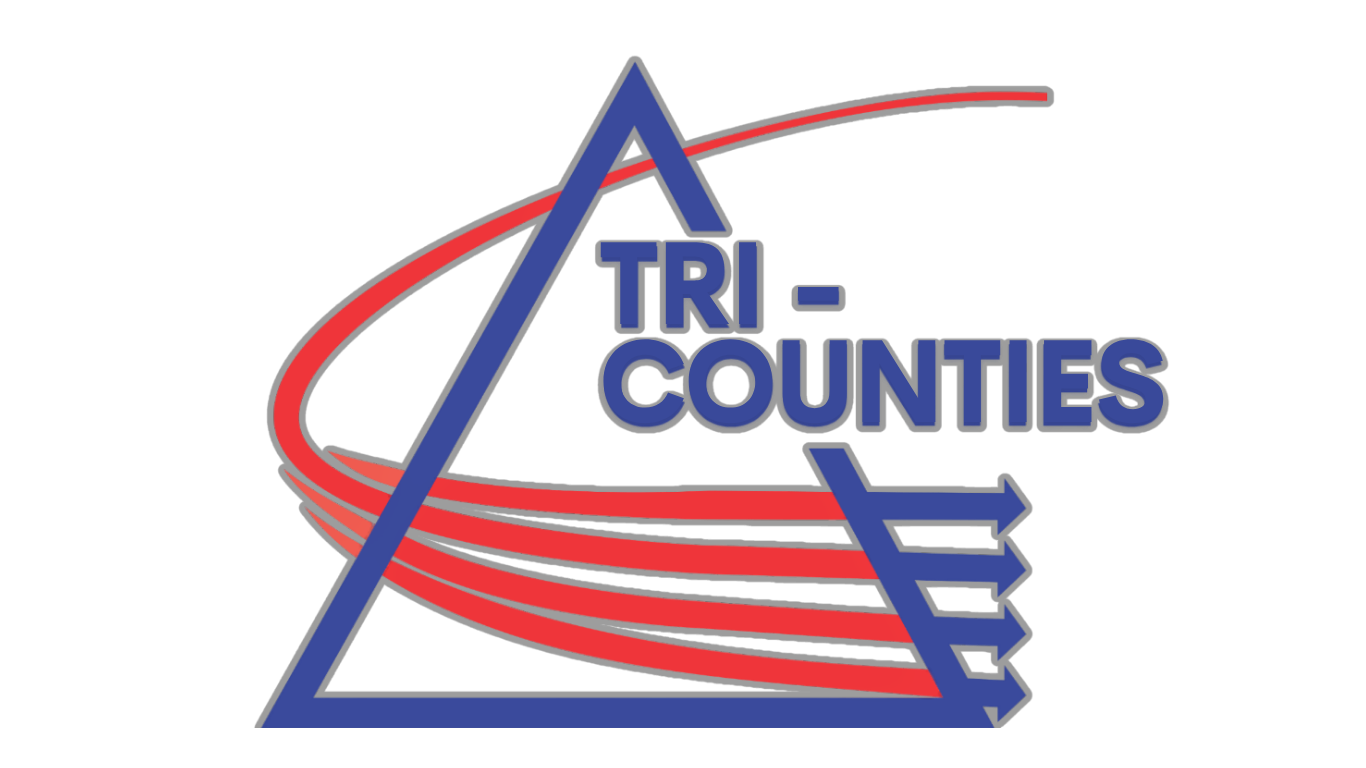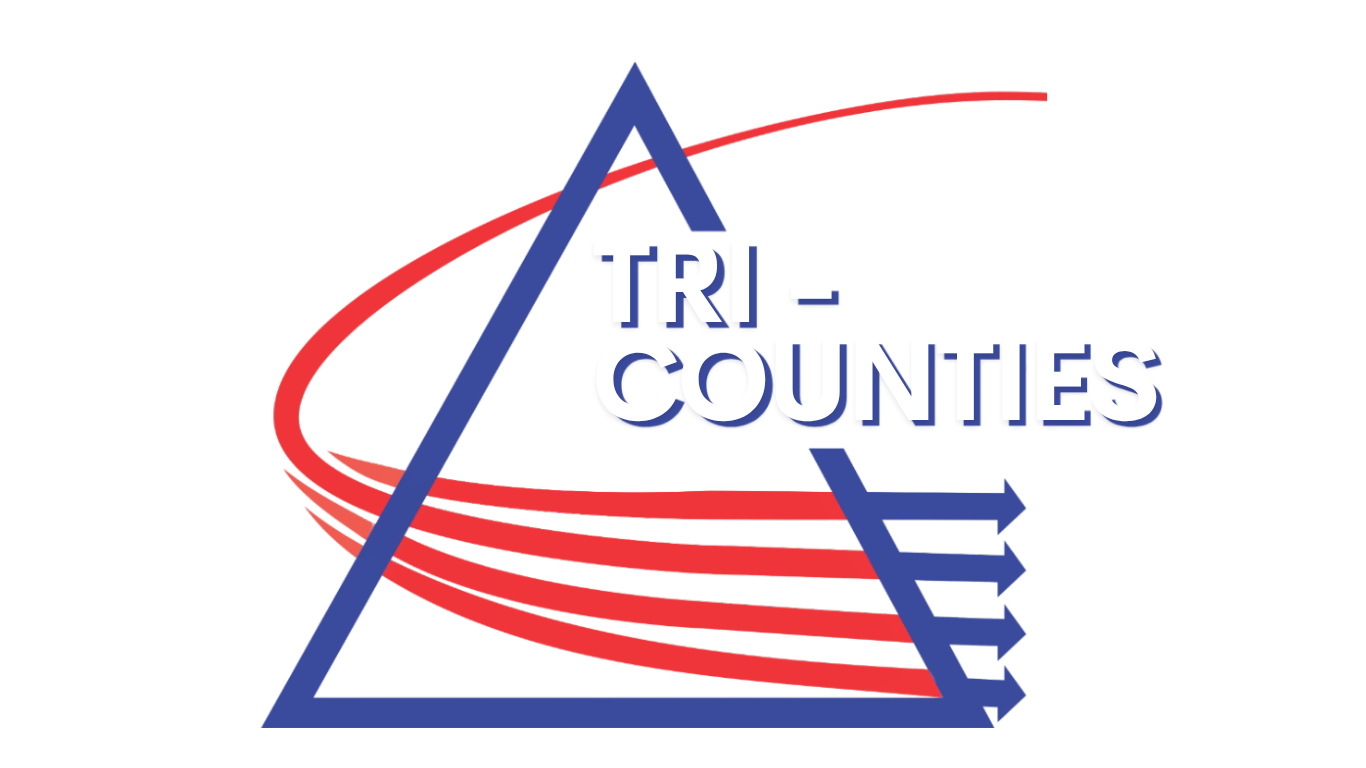Allergy Season Is Coming Up: Key Insights From Your HVAC Company
Allergy Season Is Coming Up: Key Insights From Your HVAC Company
Allergy season around Birmingham, Leeds, Hoover, and Trussville can feel like a nonstop sneeze-a-thon. Ragweed and mold spike in the fall, tree and grass pollen take over in spring, and your home’s HVAC either helps you breathe or makes it worse. Here’s how to tilt things in your favor.
At Tri-Counties Heating & Air, we’ve served families across the Birmingham area for decades, helping homeowners dial in comfort, air quality, and efficiency. If you’re gearing up for allergy season, use this playbook.
1) Start with better filtration
Use pleated filters rated MERV 11–13 for most systems. They capture more pollen, dust, and pet dander without choking airflow on properly sized equipment.
Change 1-inch filters every 1–2 months during peak pollen. If possible, upgrade to a 4–5 inch media cabinet for longer life and lower pressure drop.
Pro move: write the change date on the frame so you don’t “forget” and then blame the dog.
2) Control indoor humidity (40–50% is the sweet spot)
Too humid encourages mold and dust mites. Too dry irritates airways.
A whole-home dehumidifier steadies things during muggy stretches; a humidifier helps in dry snaps.
Make sure the system drains cleanly. A clogged condensate line is a mold party you didn’t RSVP to.
3) Clean, tight ductwork matters
Leaky or dirty ducts pull in attic, crawlspace, and garage air. That is not the artisanal “fresh air” you want.
Duct sealing reduces infiltration. Duct cleaning is smart after renovations, pest issues, visible debris at registers, or decades of neglect.
Bonus: better ducts often mean quieter rooms and more even temps.
4) Add air purification where it counts
Whole-home air cleaners that pair with your blower catch microscopic stuff your main filter misses.
UV-C on the evaporator coil helps keep biofilm from building on damp surfaces.
Portable room purifiers can help bedrooms, but they won’t fix whole-house issues.
5) Ventilate the right way
Run bath and kitchen exhausts during use and for 15 minutes after.
Tight homes benefit from balanced ventilation like an ERV to bring in filtered outdoor air without wasting energy.
6) Use thermostat features to your advantage
Fan “Auto” minimizes recirculating dust. If your thermostat has “Circulate,” set light periodic runs instead of “On” 24/7.
Schedule temps so the system runs a bit before you wake up or get home, when allergens often feel worst.
7) Schedule professional maintenance
A tune-up before heavy heating or cooling loads includes coil cleaning, blower inspection, drain clearing, filter sizing guidance, and airflow/static checks. Small adjustments now prevent big allergy headaches later and keep efficiency where it belongs.
Ready to breathe easier?
Contact Tri-Counties Heating & Air or call (205) 699-6088 to schedule an IAQ check and seasonal maintenance.
Quick-reference: common triggers and HVAC fixes
| Allergy trigger | What you notice | HVAC move that helps |
|---|---|---|
| Ragweed, grass, tree pollen | Morning congestion, itchy eyes | MERV 11–13 filter, keep windows closed, “Auto” fan, whole-home purifier |
| Mold spores | Musty odors, symptoms after rain | Keep indoor RH 40–50%, drain maintenance, UV-C at coil, address wet duct sections |
| Dust mites | Nighttime symptoms, worse with clutter | Media filter upgrade, duct sealing, deep cleaning of supply grilles, steady RH |
| Pet dander | Worse in rooms pets love | Higher-efficiency filter, targeted room purifier, more frequent filter changes |
Local tips for Birmingham-area homes
- Peak fall allergies: ragweed and mold ramp up with leaf litter and after storms. Keep the system running during cleanups and shower before bed to keep pollen off pillows.
- Neighborhoods near creeks or wooded areas may see more moisture; dehumidification pays off.
- HVAC terms your neighbors are searching for include indoor air quality Birmingham AL, air duct cleaning Birmingham, and duct sealing Birmingham AL. Translation: you’re not the only one fighting this battle.
- Keep learning: browse our latest seasonal tips on the Tri-Counties blog.
FAQs
Are MERV 13 filters safe for my system?
Often, yes. Many modern systems handle MERV 13 if the filter is properly sized and the system is clean. We’ll check your static pressure and airflow to be sure.
Do I need duct cleaning every year?
No. It’s event-based: after renovations, pest issues, visible debris, or if your home has years of accumulation. Duct sealing usually delivers bigger everyday benefits.
Will a portable purifier fix my allergies?
It helps in a room, but it won’t solve whole-home issues like duct leaks, humidity, or a dirty coil. Think of it as a sidekick, not the hero.
Is UV worth it?
UV-C helps keep coils cleaner and reduces microbial growth on damp surfaces. It’s not a silver bullet, but it pairs well with good filtration and humidity control.
Want a targeted plan for your home’s allergies?
Schedule service or call (205) 699-6088. We’ll check filtration, ductwork, humidity, and purification options that fit your system and budget.


.png)